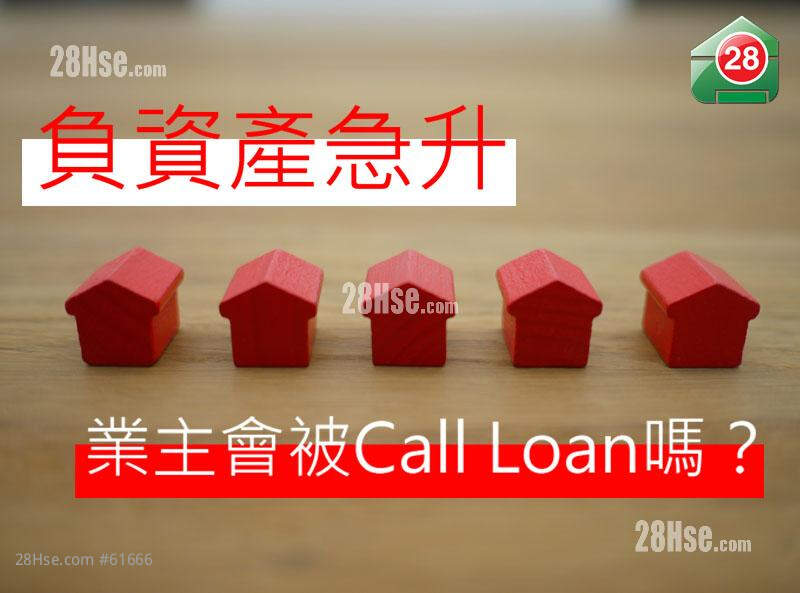Dwindling home prices in Hong Kong have led to an increase in negative equity cases. From July to September this year, the number of such cases soared to over 10,000. According to the latest data released by the Hong Kong Monetary Authority, the number of residential mortgage loans in negative equity during the third quarter reached 11,123, involving a total of HK$59.3 billion in real estate.
The number of residential mortgage loans in negative equity increased from 3,341 in the second quarter to 11,123 in the last quarter. Meanwhile, the money involved rose from HK$17.4 billion in the second quarter to HK$59.3 billion in the third quarter, with the unsecured portion of the loan amount also increasing from HK$300 million to HK$2 billion.
Property prices are now lower than mortgage loan amounts, and the number of negative equity cases has increased in the short term. The sight of rising negative assets may be daunting; however, this is no cause for concern. Even if a property becomes a negative asset, as long as the owner is punctual in making mortgage repayments, there is no immediate need for the bank to demand full repayment of the loan.
However, there are always exceptions to the rule. Recently, a hot topic in the city's property market was that some homeowners were required to repay their loans early. The first unit involved was at Novoland in Tuen Mun. The owner had paid HK$1.3 million as a down payment. Later, he received a letter from the bank calling for a loan. Together with the interest and repayments already made, the owner was required to repay about HK$5.1 million to Dah Sing Bank within 30 days of the letter’s issuance.
The owner believed that the reason for the Call Loan was that when he undertook the mortgage, he had passed the income test, but after the interest rate increase, he failed to pass the stress test. The bank asked for an additional guarantor but he was unable to satisfy the requirements. The owner subsequently found someone to help resolve the issue.
Dah Sing Bank, the mortgagee, replied that due to privacy considerations and to protect the interests of all parties involved, the bank would not comment on individual cases and emphasised that under normal circumstances, it would never ask its customers to make early repayment of their mortgage loans, and that this was the only case in recent years, making this a rare occurrence.
Following the Call Loan incident at Novoland in Tuen Mun, the market reported two additional cases of Call Loans by financial companies. One of them concerned a unit of Mantin Heights. The owner had purchased it for about HK$10 million at that time, and the financial company provided an 80% mortgage. But after the expiration of the low interest period, the finance company required that the owner also cover the HK$2 million difference, on the grounds that the property valuation had fallen, otherwise he would have to repay the mortgage at a rate of 10%.
Generally speaking, there are two main reasons why homeowners choose finance companies for their mortgages. One is to use of a "Flexible Plan" to enter the market, which is suitable for homebuyers who do not have enough money for a down payment and at the same time wish to take out a mortgage with a high loan-to-value ratio. The other is the low threshold of finance companies and their flexibility in approving loans; as some buyers struggle to meet the bank's requirements due to debt ratio or lack of proof of income, they may turn to finance companies to take out mortgages.
To conclude, we can see that finance companies, rather than banks, are now the ones calling for loans. Therefore, Call Loans are no big cause for concern. As for those who are currently using finance companies for their mortgage, it is recommended to refinance their mortgage to a bank for a more stable mortgage, so that they can avoid receiving a Call Loan by a finance company.
Like 47

